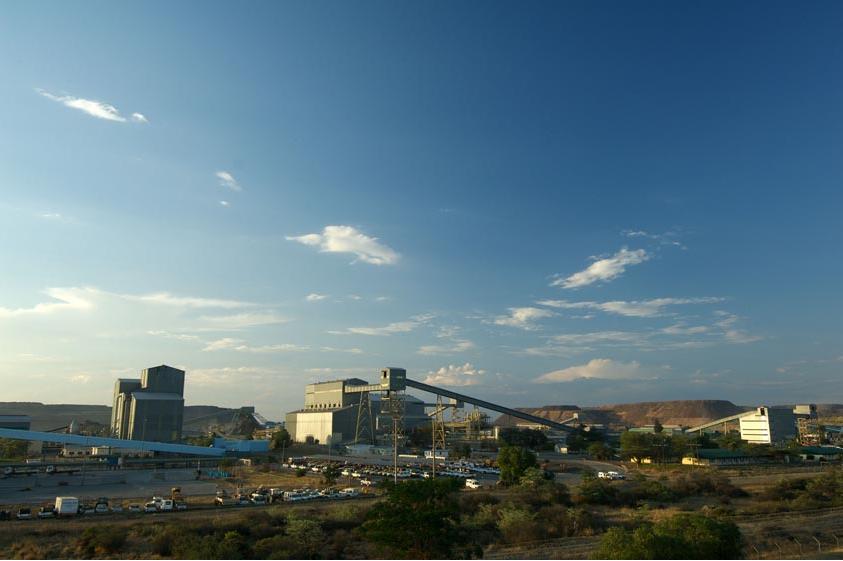|
|
Mining Outlook Weighing on Botswana Growth
Aug 16, 2016 8:04 AM
By Rapaport News
|
|
|

RAPAPORT... Botswana cannot rely on diamonds for economic growth even if
production remains stable because mining is getting more expensive and the
population is increasing, economists warned.
“It would be a mistake to assume that ‘business as usual’ is
a viable approach to the future growth of the Botswana economy,” wrote Keith
Jefferis, managing director, and Sethunya Sejoe, an economist at Gaborone-based
consultancy firm Econsult.
“Even if diamond production continues at current levels for
many years, this represents an output plateau, which by definition entails zero
growth,” the authors added in the report.
Botswana’s diamond output slumped 18 percent last year, with
De Beers deciding to scale back its operations in the country, reducing
production at two of its mines and putting a third on care
and maintenance. About 79 percent of De Beers
output in the first half came from Debswana, its joint venture in the country.
Mines are also getting deeper and more difficult to exploit,
increasing the cost of production and cutting profits, the report said. In
addition, “the population is growing, so constant diamond production actually
entails declining production and income per capita.”
“Eating diamonds” will not provide a basis for Botswana to
move to high-income status and may not even enable the country to maintain
current income levels, the authors conclude.
The decline in diamond production has already weighed on the
nation’s economic growth, according to data from the Bank of Botswana. Real
gross domestic product is estimated to have contracted 0.2 percent in the 12
months to March 2016, compared with 3.2 percent growth a year ago. This
downward trend reflected a drop of 21.4 percent in mining production, the
Monetary Policy Committee said in a statement following a meeting August 12.
However, the value of rough diamond exports jumped 16
percent to $979.7 million in the second quarter, reflecting stronger
sales at De Beers than a year ago. Outbound
shipments slipped 1.8 percent to $1.8 billion in the first half though, despite
the mining company’s increased revenue.
|
|
|
|
|
|
|
|
|
|
Tags:
Bank of Botswana, Botswana, De Beers, eConsult, gaborone, gdp, gross domestic product, Keith Jefferis, Monetary Policy Committee, Rapaport News
|
|
|
|
|
|
|
|
|

|
|